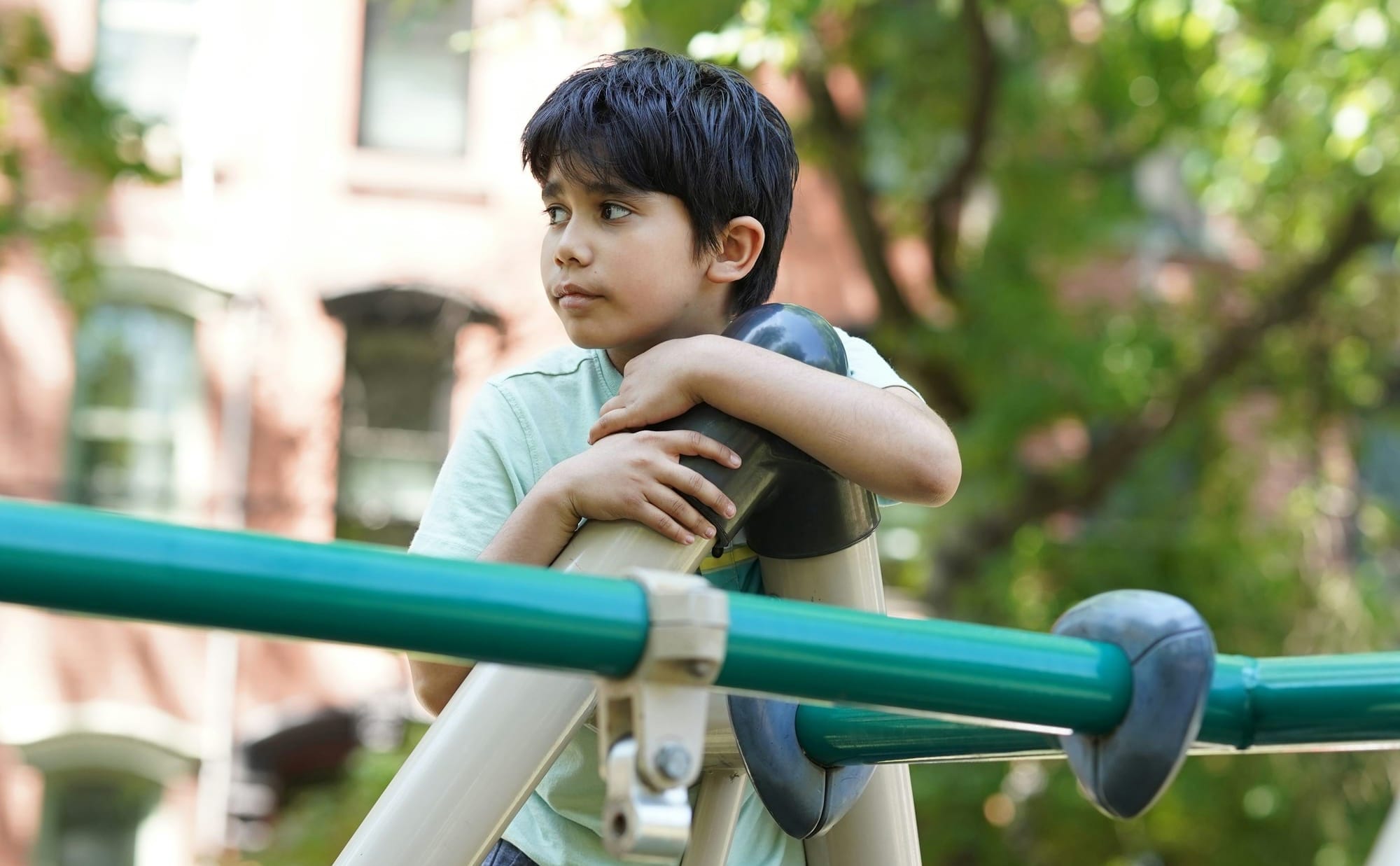Should grandparents put up with potty mouth?

I’m pretty sure I didn’t tolerate poop talk, name-calling, or playground taunts from my own kids when they were little—at least, they never got in trouble for their language at school. As a grandparent, though—even as one who sees the kids a lot—I figured it was better to leave the boundaries around words to the parents. That and it's my default to ignore whatever childish misbehavior or mistakes I can, given that there are so many things I have trouble ignoring (spills, broken things, aimless messing up of stuff, pointless fighting…etc., etc.). I’m changing my tune, though, now that the kids are older. Plus, they have crossed even my wide boundary.
In the past I’ve even inadvertently encouraged them. They made me laugh (giving them positive reinforcement) when they treated me to this catchy tune:
Poopy, poopy
Poopy, poopy
Grandma’s poopy head
Poopy, poopy
Poopy, poopy
Grandma’s poopy head
(For the record, the parents were outraged when they heard the kids singing this to me.)

From potty mouth to taunts
But recently the poop talk directed towards Grandpa and me has become too disrespectful. (“You never wipe your butt!” hee, hee, hee.) It has also recently shocked (well, that’s too strong—distressed? worried? puzzled?) a co-diner, who wondered about all the poop talk at the dinner table. Worst of all (by far), two of the grandkids turned name calling against a third, who ended up distraught.
Now, obviously, there is a sliding scale on “naughty words”—sometimes frowned-on language is just silly, like the kids’ "poopy head" song. The butt-wiping comment, while still just a point on the sliding scale, crossed a line for me. And for the co-diner, the line was crossed earlier (gross, at dinner?!?!). Similarly with name calling or playground taunts. Kids—and adults—can gently tease with name calling in ways that everyone enjoys, or at least puts up with. But the name calling can quickly hurt, and it undermines civility when used by people old enough to know better. The playground chant, “nyah nyah nyah nyah boo boo” can just mean “come and get me.” Or it can be a downright mean, depending on who it’s directed toward, and how.
The sliding scale has a lot of variables—like what words, what situation, what sensitivities, what intent—and that makes it complicated to figure out when the language has gone too far. Sometimes, however, it’s obvious: Once, our grandkids’ playground language took a sharp turn, from a shared “nyah nyah nyah nyah boo boo” to two grandchildren calling a third “cheaterhead”—and the third’s sobs made it clear how very hurtful it was to be the target. Everyone who has been at the receiving end of such words knows that the adage “Sticks and stones may break my bones, but words [or 'names'] will never hurt me” is BS—at least without an asterisk that explains how to emotionally defend yourself.
So, now that I’ve seen some unpleasant or hurtful effects of the uncontrolled talk, I’m sensitized—or maybe re-sensitized—to why many parents choose to skip the fine points of the sliding scale and just forbid the talk. In other words, it now seems best to me to get the kids to watch their words all the time, rather than figuring out some fine line later. It matters, too, in this decision that the grandkids are getting older—which means they can wield language more hurtfully if they so choose, and they control their behavior better.

Grandparent's way to promote civil language
Now, I’m not saying I’m about to be harsh around the kids’ trying out new words. (Unfortunately, real world, they may need a few choice comebacks to defend themselves.) But I am saying that I won’t laugh anymore (OK, I’ll try not to laugh anymore), and I will point out consistently that mean words can hurt. I’ll try not to be directive (“You will hurt people with words like that.”), but to ask a question for them to think about (“How do you feel when…”) or share my experience in “I/me” terms—a gentle “It hurts me to hear words like that.” I think a similar approach would work even for grandparents who don’t see their grandkids as often as I do.
For any grandparent, finding out the parents’ approach will also be helpful—following their lead can help with more consistency for the child, and more repetition of the same message.
So, starting today, I’m actively encouraging the grandkids’ use of civil language. One tiny contribution to a more civil future. I hope.